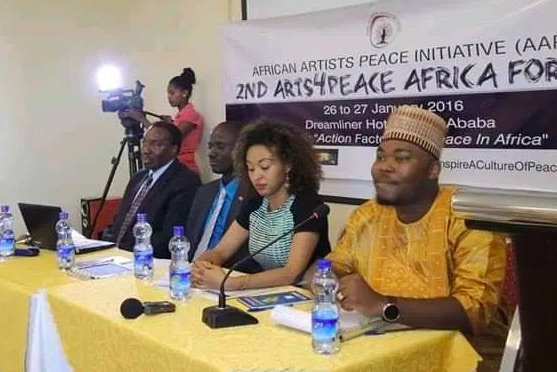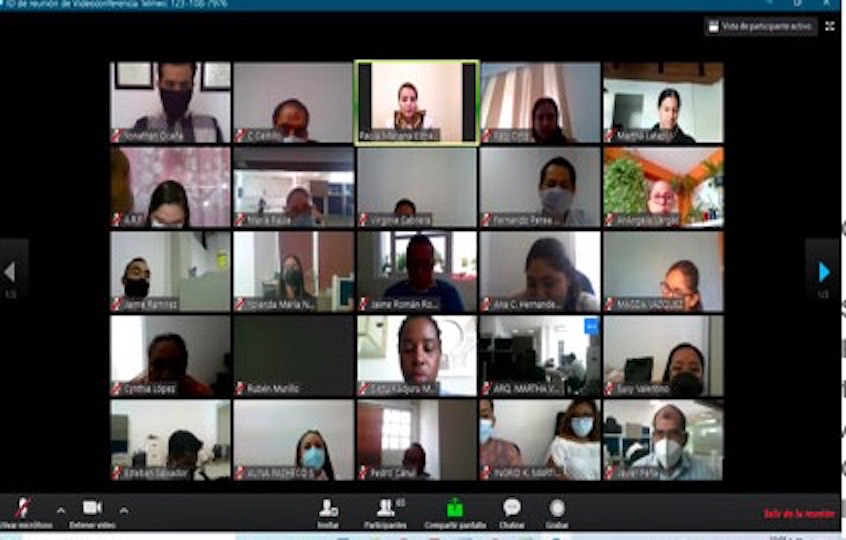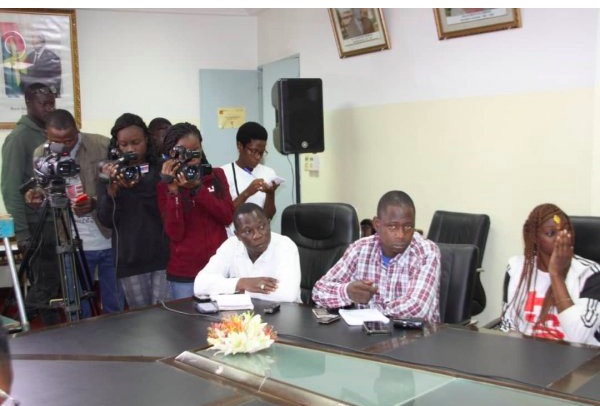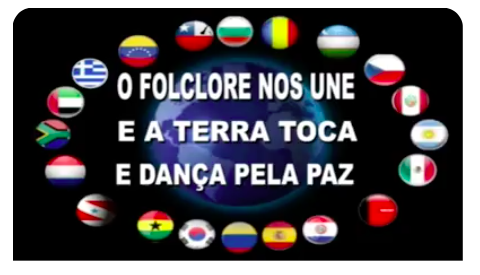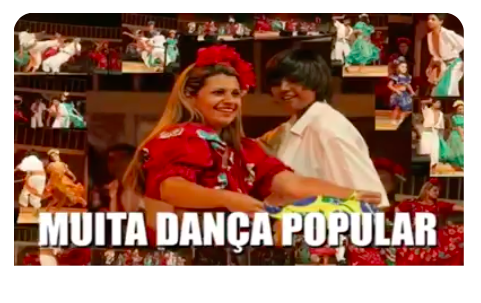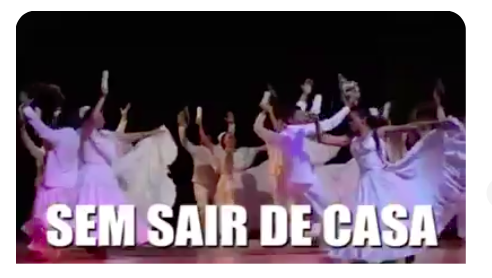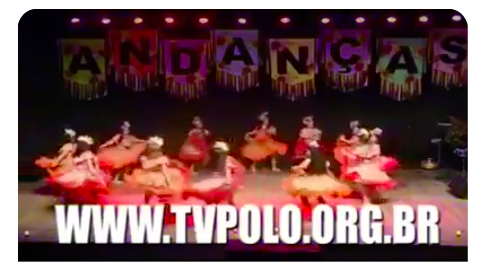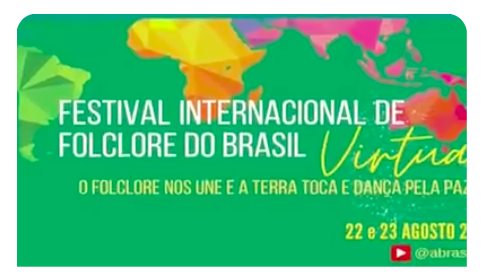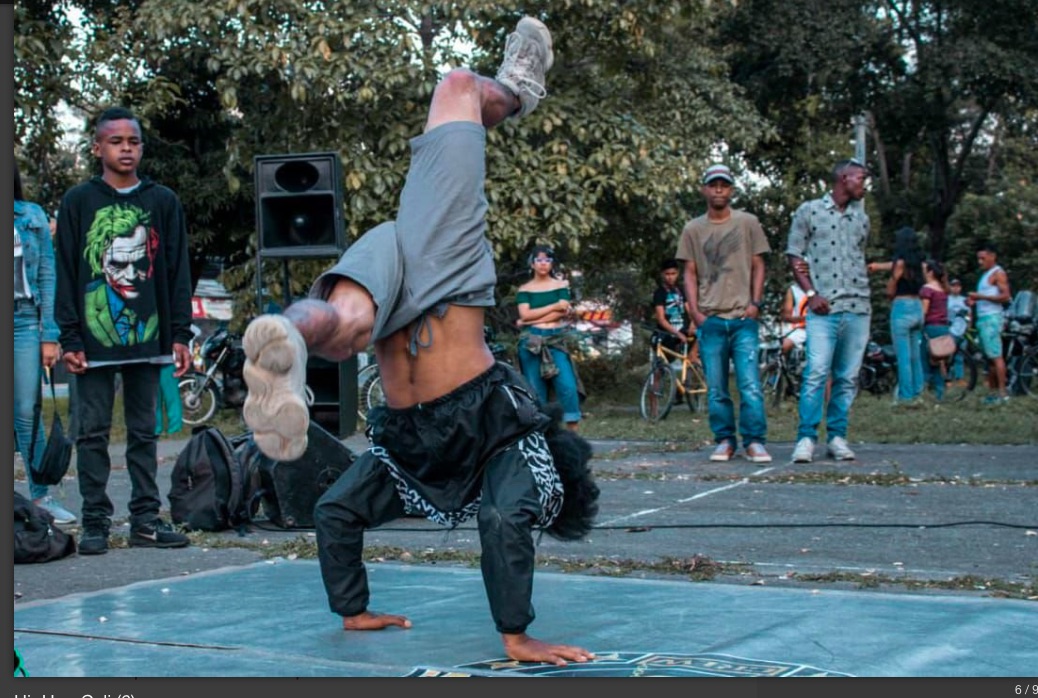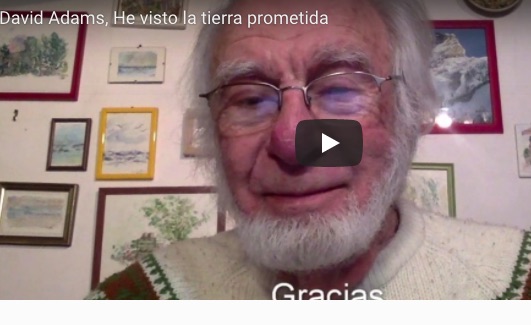EDUCATION FOR PEACE .
An article from Pressenza (reprinted under a Creative Commons Attribution 4.0 International license)
This year it’s really complicated in this part of the world to hold a joyful celebration about nonviolence. The International Day of Nonviolence is a celebration of Gandhi’s birthday and an opportunity to commemorate the work of many others who have opened a path a to nonviolent conflict resolution, built a culture of peace, opposed systemic discrimination, and fought against the destruction of humanity’s habitat.

NYC Walk for Nonviolence (Image by David Andersson)
It is very suspicious that mainstream media will be not be covering this day, since corporate media makes large profits from reporting all forms of violence and bias. There will be no trending on Twitter, no special debate in Congress. Joe Biden will not be announcing his plans for developing nonviolence curricula for Kindergarten to college students. CEOs won’t unroll their strategy for reinvesting the money, concentred today in very few hands, to serve the community at large. And we probably won’t see the police addressing their entrenched discrimination against communities of color, and talking about how to stop being hypermilitarized agents beating and killing people on the street. This list can go on and on.
Now, of course, we have seen some opportunist politicians asking protestors — after seeing the killing of their brothers by police — to organize nonviolently, but without themselves condemning the immoral and disproportionate use of violence by the police and city officals. For them, it seems nonviolence is to be used by minorities fighting against a violent system that created the problem at the first place.
(Article continued in the right column)
Question for this article:
Can peace be guaranteed through nonviolent means?
(Article continued from the left column)
Today, we recognize nonviolence’s power of transformation. Nonviolence has transformed countries, changed the face of continents, and given cultural identity to discriminated communities. We are perhaps in front of the total collapse of this violent system we live in and we need to actively build a culture of nonviolence. It is the only real option for the future of the human race and our environment.
In closing, here are few words from Silo, an Argentinian leader in nonviolence, extracted from one of his most important speeches, “The Healing of Suffering,” given in Punta de Vacas, Argentina on May 4, 1969:
“There are other forms of violence that are imposed by the Philistine morality. You wish to impose your way of life upon another; you wish to impose your vocation upon another. But who has told you that you are an example that must be followed? Who has told you that you can impose a way of life because it pleases you? What makes your way of life a model, a pattern that you have the right to impose on others? This, then, is another form of violence.
Only inner faith and inner meditation can end the violence in you, in others, and in the world around you. All the other doors are false and do not lead away from this violence. This world is on the verge of exploding with no way to end the violence! Do not choose false doors. There are no politics that can solve this mad urge for violence. There is no political party or movement on the planet that can end the violence. Do not choose false doors that promise to lead away from the violence in the world… I have heard that all over the world young people are turning to false doors to try to escape the violence and inner suffering. They turn to drugs as a solution. Do not choose false doors to try to end the violence.
My brother, my sister, keep these simple commandments, as simple as these rocks, this snow, and this sun that bless us. Carry peace within you, and carry it to others. My brother, my sister—if you look back in history, you will see the human being bearing the face of suffering. Remember, even as you gaze at that suffering face, that it is necessary to move forward, and it is necessary to learn to laugh, and it is necessary to learn to love.
To you, my brother and sister, I cast this hope—this hope of joy, this hope of love—so that you elevate your heart and elevate your spirit, and so that you do not forget to elevate your body.”
